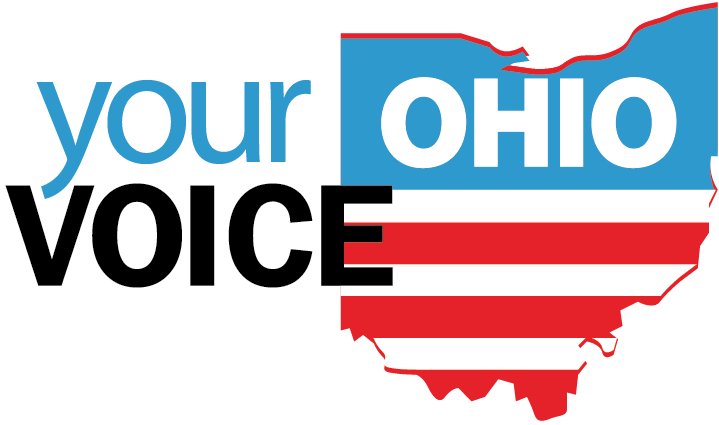We have explored the role pharmaceutical companies have played in our current opioid crisis and learned that the top pharmaceutical companies spend billions of dollars every year advertising their drugs; and get back billions more in return. Furthermore, it was found that companies like Purdue Pharmaceuticals “conducted an extensive campaign to market and promote OxyContin using an expanded sales force to encourage physicians to prescribe OxyContin not only for cancer pain but also as an initial opioid treatment for moderate-to-severe pain.”
With many states heavily searching for solutions, there are at least 13 that have considered putting a tax on drug manufacturers for the opioids they produce. The states that currently have a bill circulating vary on tax amounts, how the law would be enforced and how the money would be used. In Oklahoma, they estimated that a tax on opioid makers and sellers could bring between $14.6 million and $17 million annually, which could fund and expand drug courts and mental health courts across the state.
State Representative James Kay, who sponsored an opioid tax bill in Kentucky, was quoted as saying: “350 million opioid pain pills came into Kentucky last year. Drug companies get billions, our state gets nothing, and communities are devastated.”
In Minnesota, there is a bill currently circulating called the Stewardship bill. The bill calls for calls for sending opioid manufacturers a quarterly tax bill based on how many pills were prescribed. Lower-dose opioids like codeine would be taxed less than stronger opioids like oxycodone. Minnesota State Representative Dave Baker, a Republican who supports the tax said this: “We can keep saving people [with] naloxone, but until we start talking about how [opioids] get dispensed, we’re going to keep having this problem. And the drug companies have to be a part of the solution.”
States want redress, and the reasons why are clear. However, besides the possibility of drug companies pushing back, there are also other questions that remain unanswered about such a bill. For example, how can the bill be structured in a way to prevent the tax from being passed on to consumers? Would it hurt patients who need pain pills? And could a tax actually reduce the number of overdoses and drug users?
Using taxes as way to deter the usage of a particular product or behavior is not a new strategy. It has worked with cigarettes, soda, and more. However, legal opioids aren’t simply like any consumer good that can be bought over the counter; and not every opioid prescription leads to a horrible consequence. Because of this, its not exactly clear how well this tax would serve as a deterrent.
There are those who argue, that regardless of how well the tax serves as a deterrent, the revenue it would generate can still take away some of the burdens on taxpayers, and increase treatment funding throughout the state.
Let us know your thoughts on the possibility of a bill like this passing in Ohio. To follow our new research and research of our local media partners, sign up for our weekly news roundup.





